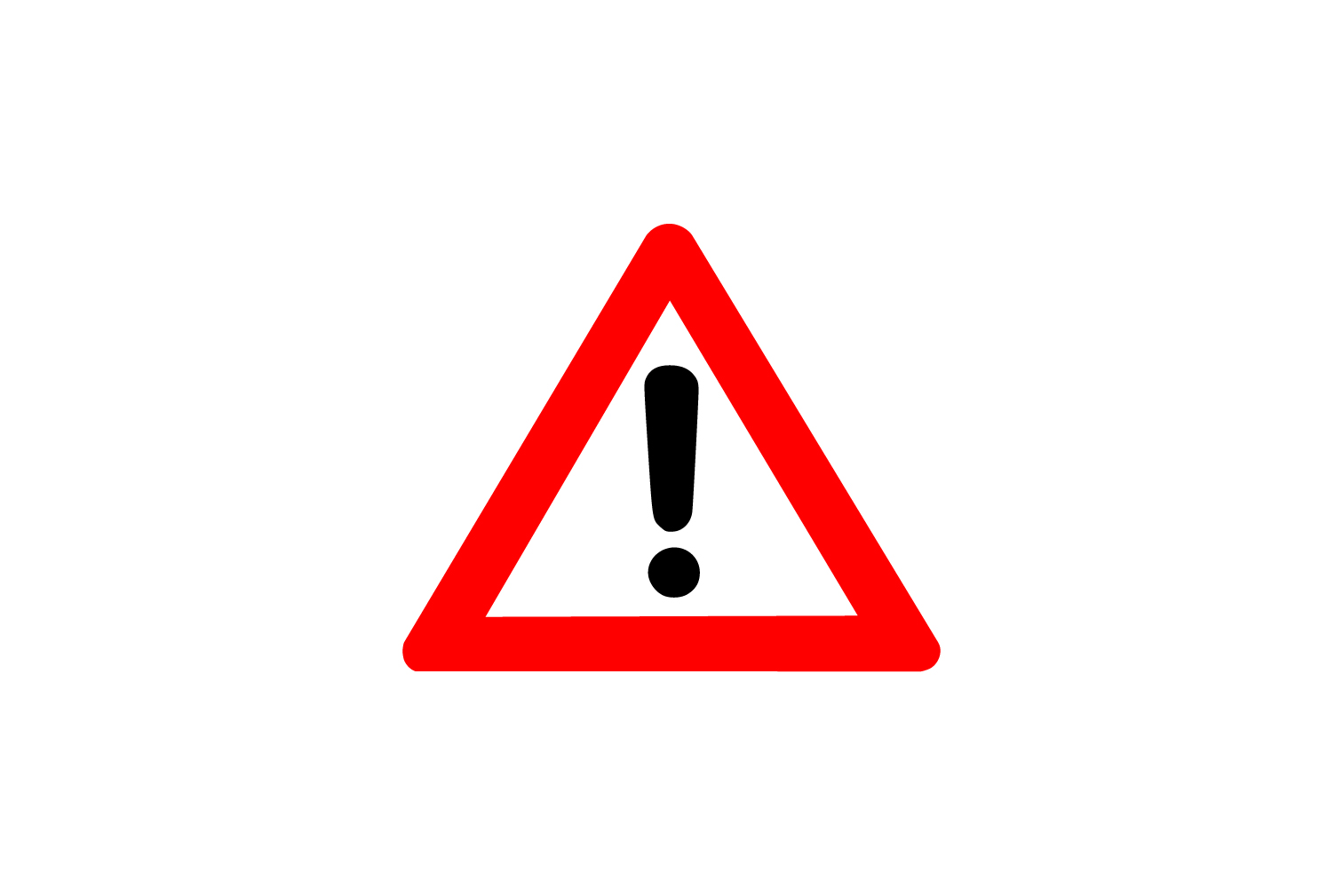
Summary
- Measles cases and outbreaks are increasing in Washington, the United States, and across the globe.
- Over 90% of United States cases are linked to international travel.
- All United States residents 6 months or older without evidence of immunity should receive MMR (measles, mumps, and rubella) vaccine before international travel.
- Consider measles diagnosis in anyone with fever (≥101°F or 38.3°C) and a generalized maculopapular rash with cough, coryza, or conjunctivitis who recently travelled abroad, especially in countries with ongoing outbreaks.
Background
Measles is a highly contagious viral illness that can lead to severe health complications, like pneumonia, encephalitis, and death, especially in unvaccinated people. Measles outbreaks have occurred in Washington, the United States, and around the world in 2024. Outbreaks often start when an unvaccinated or under-vaccinated person is exposed during international travel and returns home, spreading the virus to other unvaccinated or under-vaccinated people. As measles vaccination rates decrease globally, the risk for outbreaks increases.
Measles is almost entirely vaccine-preventable. MMR vaccine is safe and highly effective. Two doses are 97% effective against measles (one dose is 93% effective). When over 95% of people in a community are vaccinated, community immunity (or “herd immunity”) protects most people.
Vaccine recommendations for international travel
All United States residents 6 months or older without evidence of immunity should receive MMR vaccine prior to international travel.
- Infants 6–11 months old—Should receive 1 dose of MMR vaccine before departure. This dose does not count as part of their primary series. They should receive 2 more doses after 12 months of age, at least 28 days apart.
- Children 12 months or older—Should receive 2 doses of MMR vaccine, at least 28 days apart.
- Teenagers and adults without evidence of immunity—Should receive 2 doses of MMR vaccine, at least 28 days apart. Evidence of measles immunity includes:
- Born before 1957, or
- Documentation of 2 doses of live measles virus vaccine (MMR, MMRV, or other measles-containing vaccine), or
- Lab (serologic) proof of immunity or lab confirmation of disease.
Children not traveling internationally should receive their first dose of MMR vaccine at 12–15 months old and their second dose at 4–6 years old.
Recommendations for healthcare providers
- Isolate—Patients with rash and fever should not remain in the waiting room or other common areas. Immediately isolate patients with suspected measles in a single-patient AIIR (airborne infection isolation room) or a private room with a closed door. Follow standard and airborne precautions when evaluating suspected cases, regardless of vaccination status.
- Notify—Immediately call the reporting line: 360-385-9400 during business hours, (360) 385-9400 and select option 3 after hours, or fax a form to (360) 385-3878. We will ensure rapid testing and investigation.
- Test—The Health Department will arrange diagnostic testing with WAPHL (Washington State Public Health Lab). From all patients with suspected measles, collect:
- Nasopharyngeal or throat swab, and
- Urine specimen for PCR testing, and
- Blood specimen for serology.
- Manage—The Health Department will help identify and provide PEP (post-exposure prophylaxis) to close contacts.
- Vaccinate—Make sure all patients are up to date on MMR vaccine, especially before international travel. Everyone 6 months or older who will travel internationally should be protected against measles.
More information
- Increase in global and domestic measles cases and outbreaks, CDC (Centers for Disease Control and Prevention) health advisory.
- Think measles, AAP (American Academy of Pediatrics).
- Measles assessment, DOH (Washington State Department of Health).
